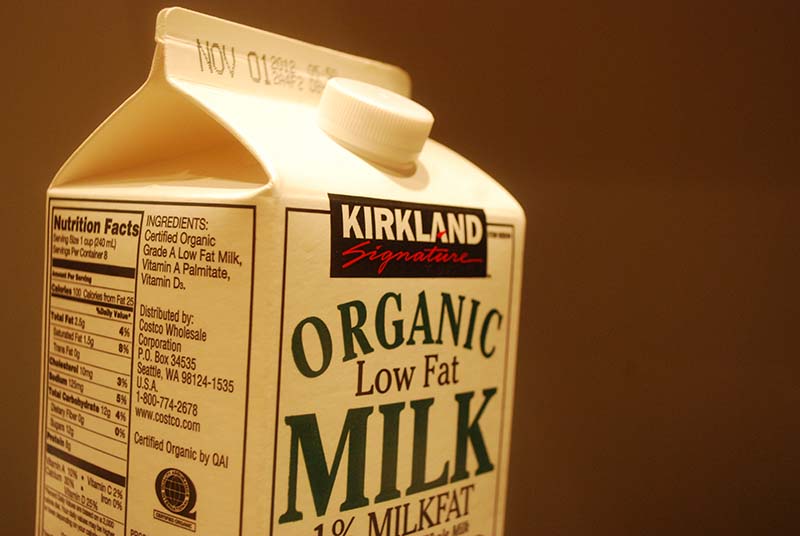by Grace Sly
Researchers at Stanford University have published a study claiming that meat and produce labeled organic have few, if any, obvious health benefits compared to other foods. This conclusion has caused controversy among consumers and debate over the way the food is grown.
According to the United States Department of Agriculture, “organic” is a term that indicates the food has been produced through approved methods that foster cycling of resources. The USDA defines organic crops as ones not grown with irradiation, sewage, synthetic fertilizers, prohibited pesticides or genetically modified organisms. Organic livestock does not use antibiotics or growth hormones, is fed 100 percent natural feed and are provided with access to the outdoors.
To compare these organic foods to those conventionally grown, scientists combined the research of 237 different studies on food. 223 tests compared either the nutrient levels or bacterial, fungal or pesticide contamination of various products grown both organically and conventionally. The results stated there were no consistent differences in vitamin content and phosphorus is the only nutrient higher in organic products. There was no difference in protein or fat content in milk styles, though organic milk may contain more omega-3 fatty acids.

The scientists found that while organic food does have fewer pesticides, both grown fruits and vegetables use pesticides in safe and allowable amounts.
Many critics of the Stanford study said the researchers overlooked the greater benefits of certain foods, and rather they unfairly combined all organic foods into one analysis. Some of these “special cases” were left out of the study but scientists say even if included, the results would not have varied.
The real question becomes how consumers use the newfound information. Will organic foods become less attractive once people learn they are buying higher priced food without the promised health benefit? Or will steadfast beliefs and skepticism of the study play into keeping organic foods popular?
Sophomore Catherine Whitmer, a professed vegetarian, eats organic food for both the taste and the presumed health benefit.
“I like knowing that my food comes from healthy sources,” Whitmer said. “I prefer to buy organic food [because] the healthiness makes up for the price.”
After hearing about the study, however, Whitmer had a change of heart, saying she will tell her mother to stop buying organic foods.
“If organic foods aren’t healthier, it would be a heck of alot cheaper for me to go with the flow [of conventionally grown food],” Whitmer said.
Sophomore Gloria Cowdin usually eats organic meats.
“We try to buy meat only from the farmer’s market or The Local Pig [a locally owned meat store],” Cowdin said. “The animals are treated more humanely and are less likely to be treated with chemicals such as growth hormones.”
Despite the researchers’ findings that organic meats have no clear advantages, Cowdin said she will not stop buying organic foods.
“I consider the way the animals are treated,” Cowdin said.
Sophomore Anna Bauman was surprised by the results of the study.
“I always thought organic foods were better for you, more natural,” Bauman said.
Bauman agreed with Cowdin and said she would not stop buying organic foods.
“The results of one study wouldn’t be enough to influence my food choice,” Bauman said.
Colleen Bauman, a certified food specialist and Anna’s mother, said, “When food is proven to be organic and authentically grown without pesticides or any toxins at all, then it has to be a better deal.”
STA lunch provider Bistro Kids concurs with her opinion. According to their website, the company only uses locally sourced and natural foods, as processed lunches have artificial ingredients.
“Evidence shows homegrown, whole foods have a positive impact on everything from behaviour, to test score, to attendance,” according to Bistro Kids’ website. “Children perform better in school if they… decrease their caloric intake from fat and processed food.”
Bistro Kids is backed by a 2004 published article by the Soil Association that states natural lunches promote concentration, minimize hyperactivity and increase a student’s learning capacity.
Consumers should take this information along with the study’s findings to make the food choice best for them.
“We have to get our food one way or another,” Anna Bauman said. “It just depends on how many chemicals you mind in your meal.”
















